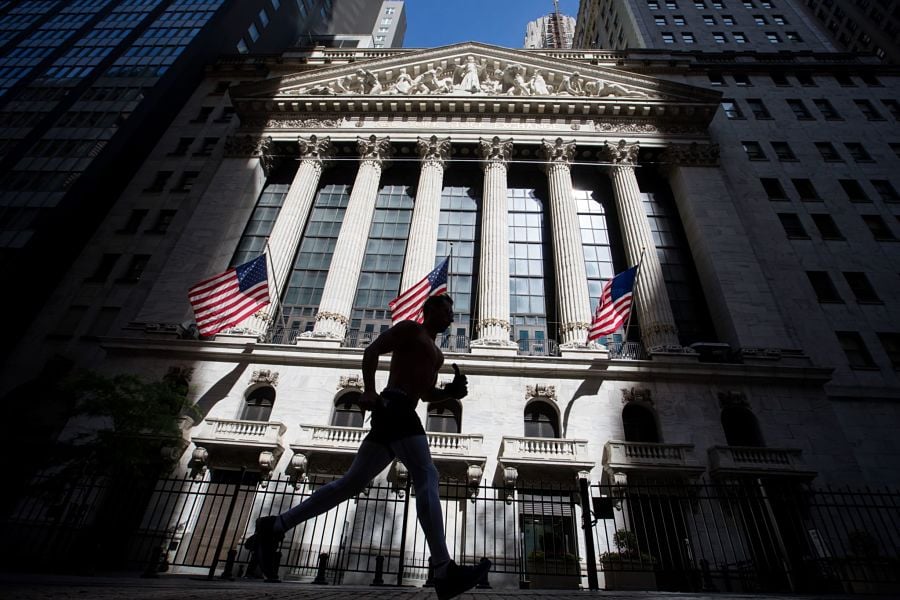

Fans of value-based and sustainable strategies have a new exchange-traded fund option allowing them to track large American companies.
On Tuesday, State Street Corp. released its SPDR S&P 500 ESG ETF, which includes firms in the S&P 500 that meet environmental, social and governance criteria.
Trading under the ticker EFIV, the fund will exclude companies involved with tobacco-related products and weapons, along with those that have a low ESG score from S&P Dow Jones Indices or a low United Nations Global Compact score. The cost is 10 basis points.
[Interested in even more ESG news? Check out InvestmentNews’ ESG Clarity US]
Investors are increasingly taking an interest in ESG characteristics as the COVID-19 pandemic continues, said Sue Thompson, head of SPDR Americas distribution at State Street.
“As you’re watching companies adapt to this human tragedy, companies that really focus on their employees’ health are going to come out of this stronger,” she said.
ETFs that fall under the ESG category have already taken in $14.7 billion in 2020, by far the best year on record according to data compiled by Bloomberg. Much of that reflects products from BlackRock Inc., the largest ETF issuer.
State Street is the third-largest ETF provider in the U.S., managing 16.5% of the $4.5 trillion assets. Its SPDR S&P 500 ETF Trust (SPY) is the world’s largest with about $289 billion in assets.

Integrated Partners is adding a mother-son tandem to its network in Missouri as Kestra onboards a father-son advisor duo from UBS.

Futures indicate stocks will build on Tuesday's rally.

Cost of living still tops concerns about negative impacts on personal finances

Financial advisors remain vital allies even as DIY investing grows

A trade deal would mean significant cut in tariffs but 'it wont be zero'.
RIAs face rising regulatory pressure in 2025. Forward-looking firms are responding with embedded technology, not more paperwork.
As inheritances are set to reshape client portfolios and next-gen heirs demand digital-first experiences, firms are retooling their wealth tech stacks and succession models in real time.
